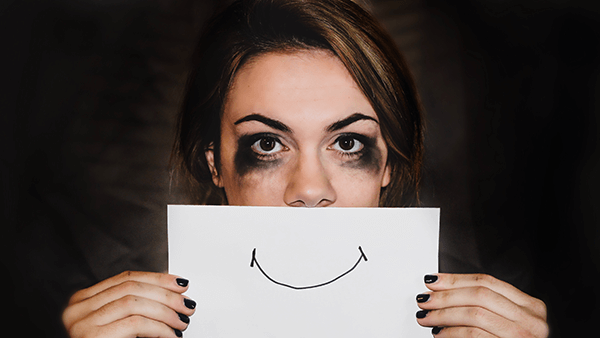Postpartum depression
Anxiety and depression after childbirth are common. Approximately one in every ten women suffers from depression after pregnancy and after giving birth.
Read time: 2 m
Verified by Ingela Ågren
Certified Midwife
The co-parent or adoptive parent can also suffer from depression after the arrival of the baby. Unlike the baby blues, this depression is more persistent, and one feels unhappy on a daily basis for at least two weeks. Depression commonly starts within the first three months after the birth of the baby but may occur at any time during the first year after birth.
Postpartum depression symptoms can include, for example, sadness, reduced interest in activities you usually enjoy, hopelessness, feelings of guilt, anxiety, worries, inability to sleep, no energy to look after the baby, thoughts of harming yourself or the baby, as well as feelings of worthlessness.
Anyone who has suffered from depression in the past has an increased risk of getting postpartum depression. You are also more prone to suffer from depression after childbirth if the pregnancy and/or childbirth has been difficult if there is a lack of support from the partner or any other closely related party if it is difficult to feed the baby, if the baby doesn’t sleep well or if it cries a lot, if the pregnancy was unwanted, or if you doubt your ability to look after the child.
The sooner you seek care, the sooner you can get help and feel better. Early diagnosis often means quicker recovery. As a co-parent, it is also common to suffer from depression after having children.
Treatment of depression usually involves conversation therapy with, for example, a nurse or a psychologist, and sometimes medication. Most cases of postpartum depression pass within six months, but it may take longer.
Verified by Ingela Ågren
Certified Midwife
More from Preggers
Hundreds of related articles, podcasts & more waiting for you in the Preggers app.
Download Preggers today.

